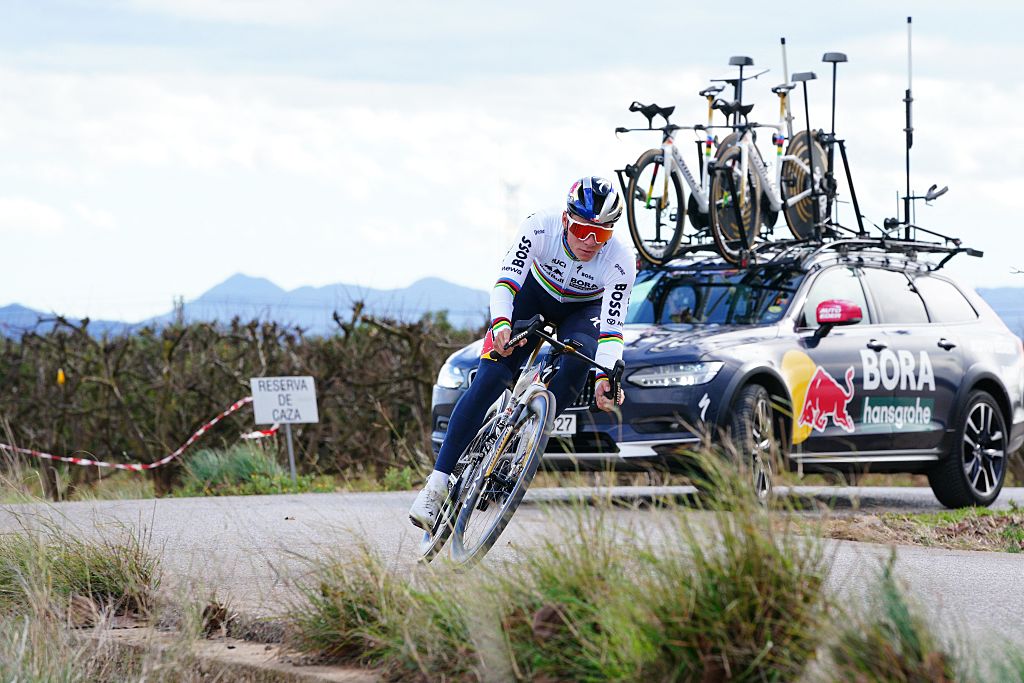WADA have seven Operacion Puerto names, but the world might never know them
Spanish courts keep names secret
The latest race content, interviews, features, reviews and expert buying guides, direct to your inbox!
You are now subscribed
Your newsletter sign-up was successful
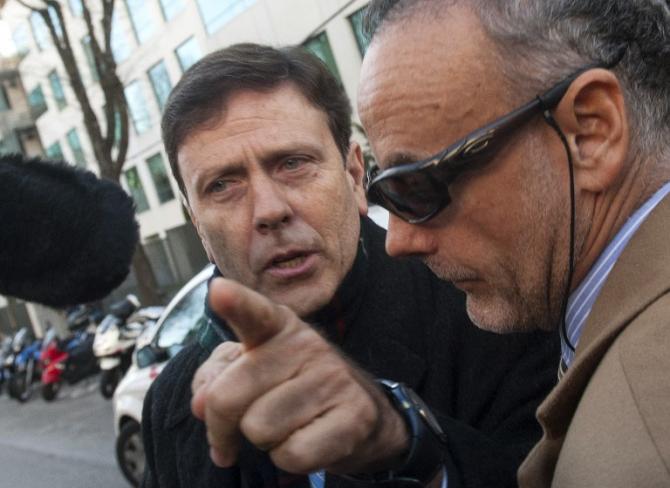
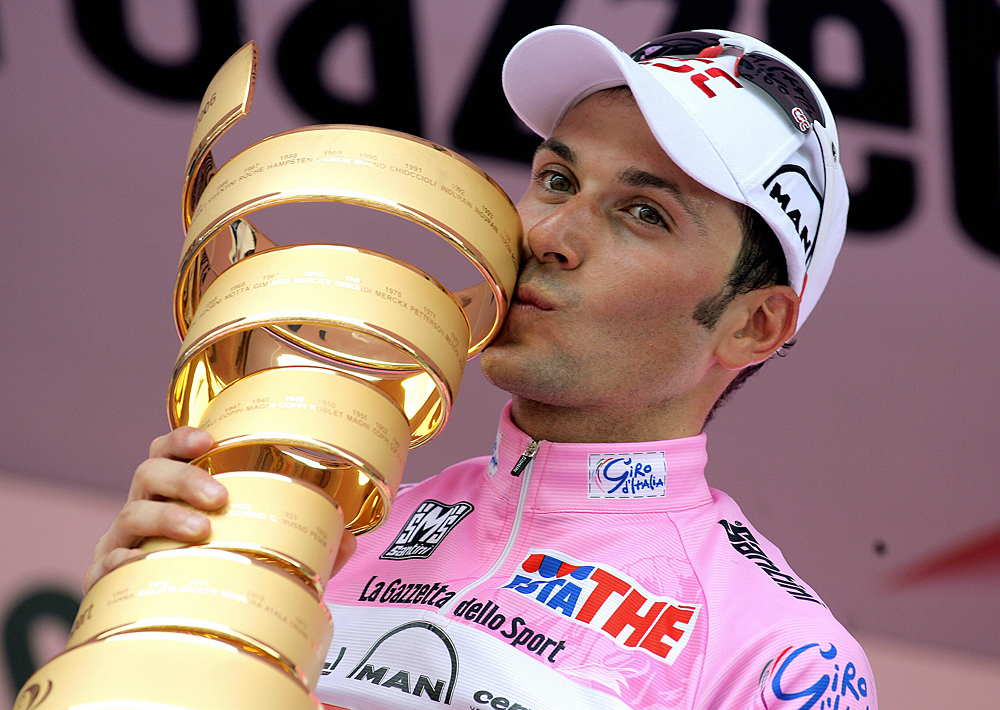
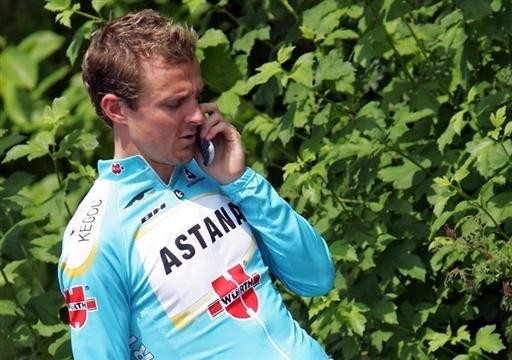
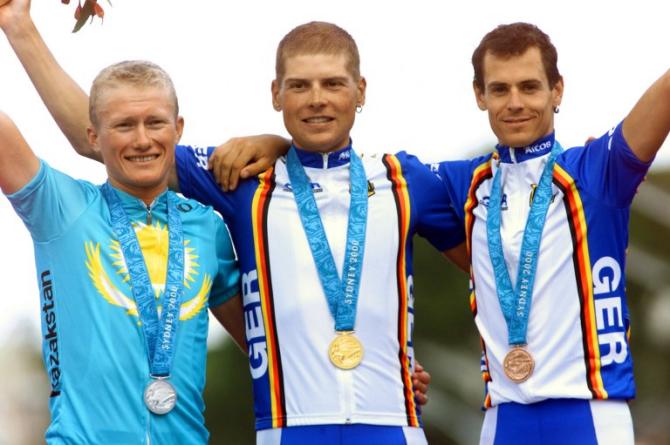
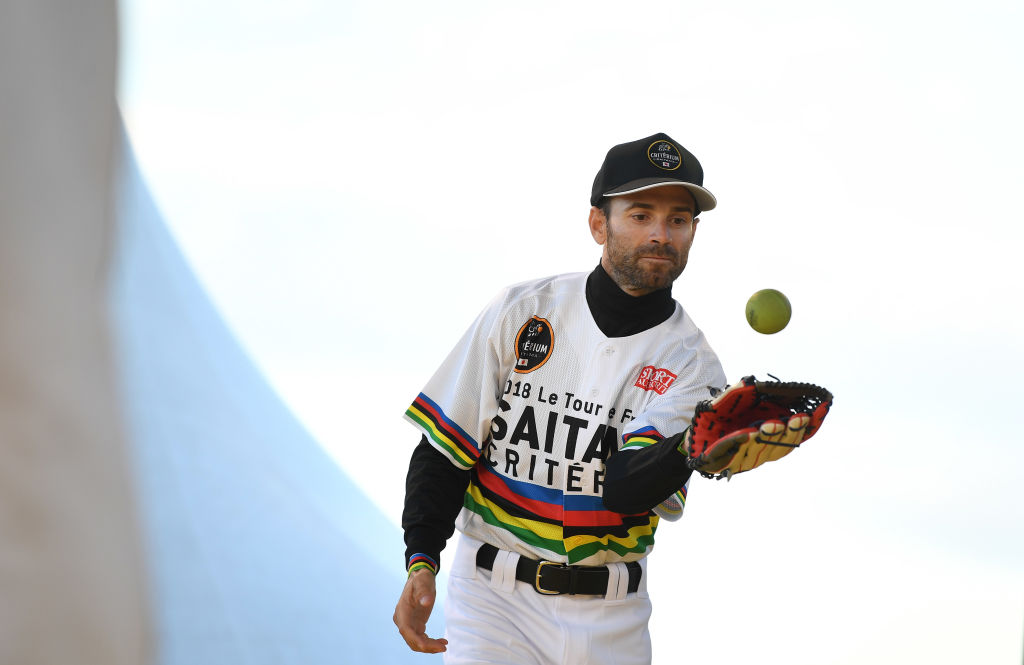
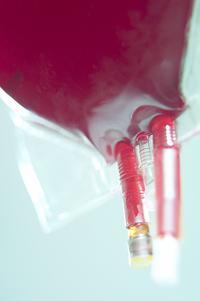
The World Anti-Doping Agency (WADA) has been dealt another blow in its bid to reveal the names of the clients of Eufemiano Fuentes, whose doping operation was uncovered by the 'Operacion Puerto' investigation. WADA's appeal to the Constitutional Court of Spain for legal safeguards against repercussions for releasing the names was rejected, according to a report in AS.
Spanish court stops identification of Operacion Puerto athletes
WADA continues battle to name athletes involved in Operacion Puerto
Valverde: I shouldn't be asked about Operacion Puerto
Spanish court authorises release of Operacion Puerto blood bags to Italian Olympic Committee
MPCC slams WADA over Chris Froome case, tramadol, Operacion Puerto
It took ten years, but WADA finally gained access to the 215 blood and plasma evidence bags seized in 2006 during the Operacion Puerto raids of Fuentes' Madrid clinic in June, 2016. Since then the agency has been attempting to match the various samples to sports figures, having them tested at the laboratory in Lausanne.
According to El Pais, who obtained the minutes of the WADA Executive Committee meeting from May, 2018, the analysis of the samples has only resulted in the positive identification of seven individual sportspeople - four of which are active and three are retired. Matching more of the samples has been complicated in part by laboratories only being obliged to hold onto urine and blood samples for 10 years.
German researcher Günter Younger tested 116 of the blood bags, getting the 27 unique DNA signatures. He then drew up a list of 167 suspected sports people - tennis players, footballers, cyclists and athletes, dividing them up into three levels of suspicion. 14 were considered "very likely", 11 as "probable" and 142 "possible".
"We found only seven samples of the 'very likely', and three of the 'likely' ones, because many years have passed," Younger said at the meeting of the WADA Executive Committee. "We have identified seven of the 27. Three did not square. Four are still active and three have retired. The four active ones have been subjected to checks between November 17 and April 18. All have been negative."
Younger went on to say that of 99 bags of plasma, they had isolated eight more DNA profiles which they hope to link to individual sportspeople, but even if they succeed it is likely that only WADA will ever know. "The names can never be said, not even to international federations," Younger said. "At least that's my opinion".
WADA have not been allowed to reveal any of the names they know due to data protection regulations. WADA is still looking into the possibility of releasing the names and has employed a data protection expert. A final decision on what to do is expected to come in May next year, some 13 years after the original raids.
The latest race content, interviews, features, reviews and expert buying guides, direct to your inbox!
It has been a long, frustrating and sometimes embarrassing episode for the anti-doping authorities.
The case dates back to 2006, when more than 200 blood and plasma bags were seized when the offices of Fuentes were raided by the guardia civil. Some athletes were identified by the notebook that Fuentes kept and were subsequently punished.
Ivan Basso was one of the first identified, and later admitted to being 'Birillo' in Fuentes' code book. Michele Scarponi subsequently confessed to being 'Zapatero'. Jorg Jaksche and Tyler Hamilton also confessed to being clients, all while the legality of using the evidence was being debated in the Spanish courts. For two years, the UCI tried to block Alejandro Valverde from racing due to his suspected involvement, but were largely unsuccessful.
In late 2008, CONI obtained a sample from one of the evidence bags they believed could have been from Valverde and matched it to a stored blood sample which was taken from the Spaniard when the 2008 Tour de France passed through Italy. Valverde was banned for two years when the case was finally resolved in 2010, but was allowed to keep his past results.
Jan Ullrich was investigated by both German and Swiss authorities over his suspected involvement but it wasn't until the CAS stepped in in 2012 that he was finally banned.
As the statute of limitations neared, WADA spent years fighting in the Spanish courts, first to gain access to the blood bags and then to be protected should they reveal the names of the athletes from whom the blood samples came.
No further sanctions can be brought against any athletes as the statute of limitation has long since passed due to the protracted nature of the case. When the blood bags were seized, the statute of limitation was set at eight years, although it was later increased to 10 years, even that deadline had also gone past by the time the blood bags were released in 2016.
With nothing much to gain, WADA could soon lose the will to continue fighting. "Someday [legal affairs head Julien] Sieveking will tell us that it makes no sense to spend more money and effort in labs that will give us nothing. And then we'll throw in the towel," WADA head Craig Reedie reportedly said in the meeting.
Alasdair Fotheringham contributed to this report.

